Question And Answer
Publications
Articles, publications, books, tools and multimedia features from the U.S. Institute of Peace provide the latest news, analysis, research findings, practitioner guides and reports, all related to the conflict zones and issues that are at the center of the Institute’s work to prevent and reduce violent conflict.
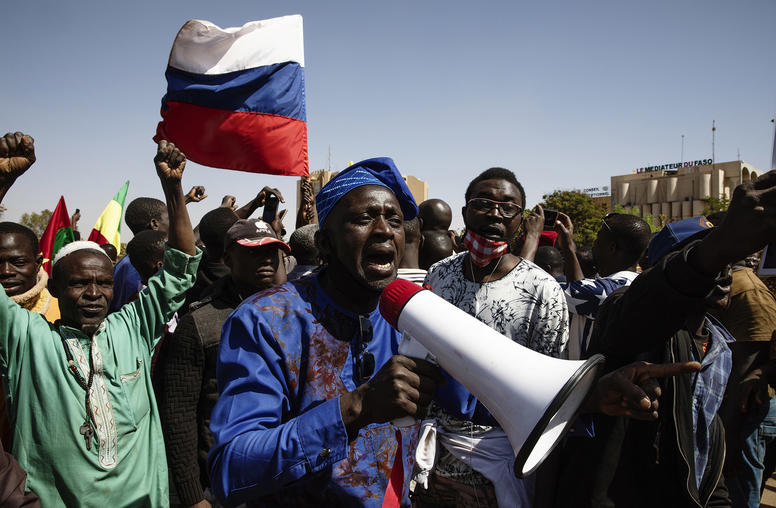
Countering Coups: Experts Offer Steps for U.S. Policy
After a “year of coups” around Africa’s greater Sahel region, U.S. and other policymakers and democracy advocates are discussing how to respond. What policies—by the United States, other democracies and international institutions—can preserve democratic advances of recent decades and reverse the surge in military takeovers? Recent discussion among U.S.-based policy analysts has converged around several priorities. Analysts convened by USIP suggest concrete steps to broaden support for fragile democracies and to reverse coups when they happen.
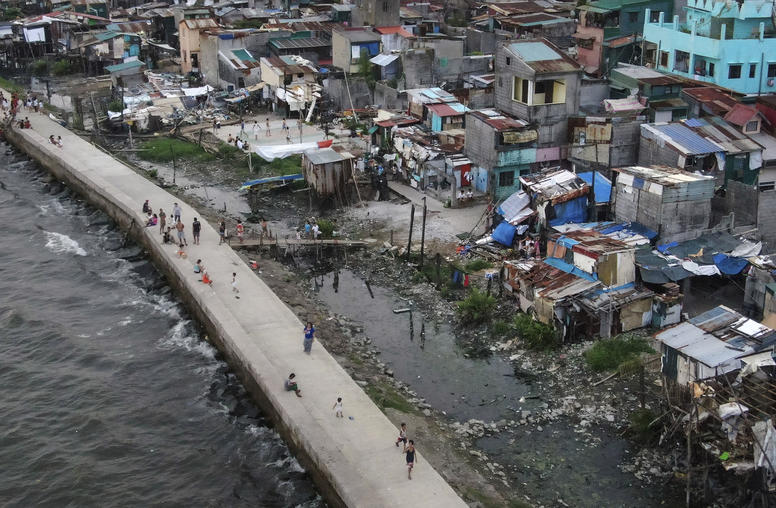
The Peacebuilding Implications of the Latest U.N. Climate Report
This week, the U.N. Intergovernmental Panel on Climate Change released its most extensive and alarming report yet. The findings made clear that the window to stifle the worst impacts of climate change is rapidly closing — and that efforts to protect the most vulnerable communities have fallen short thus far. This places peacebuilders in a difficult bind, as unchecked climate change correlates to increased conflict, but rapid adaptions and a wholesale transition to green energy risk further disruption in already fragile regions. USIP’s Tegan Blaine looks at how climate policy and peacebuilding can work together to ensure that we stay ahead of the climate curve while still putting affected communities on the path toward long-term peace and stability.
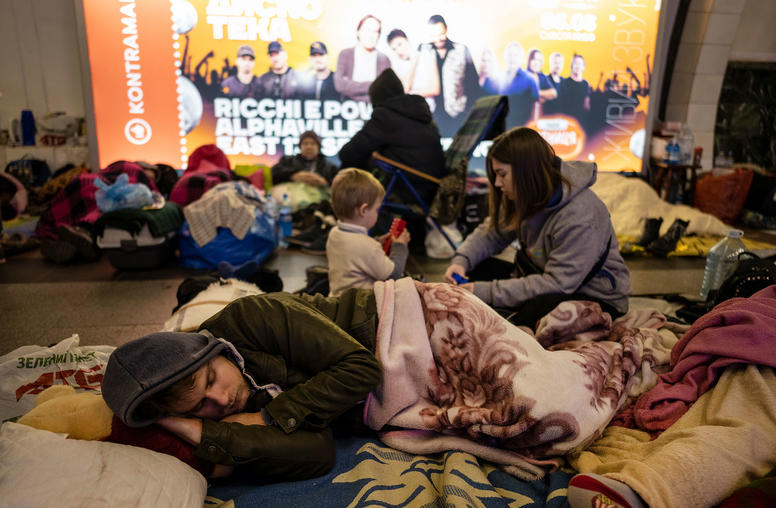
Tragically, Ukraine’s Agonies Have Only Begun
One week into Russia’s escalated war on Ukraine, it is millions of Ukrainians who have spoken most clearly, as civilians have joined their soldiers to resist for eight heroic days the Russian armored columns that many had expected to quickly capture Kyiv and other cities. The message is clear for Russians and others unable to see it before: Vladimir Putin is engaged in an unprovoked and unjustified war built on lies—about Ukraine, Russia and history—that he has spun purely to dominate Ukraine and advance his ambitions as a modern-day Russian emperor. Tragically, Ukrainians and the world must now prepare for the violence and risks to dramatically increase. Early costs of Russia’s assault: 15,000 Kyiv residents are sheltering in subway stations, above.
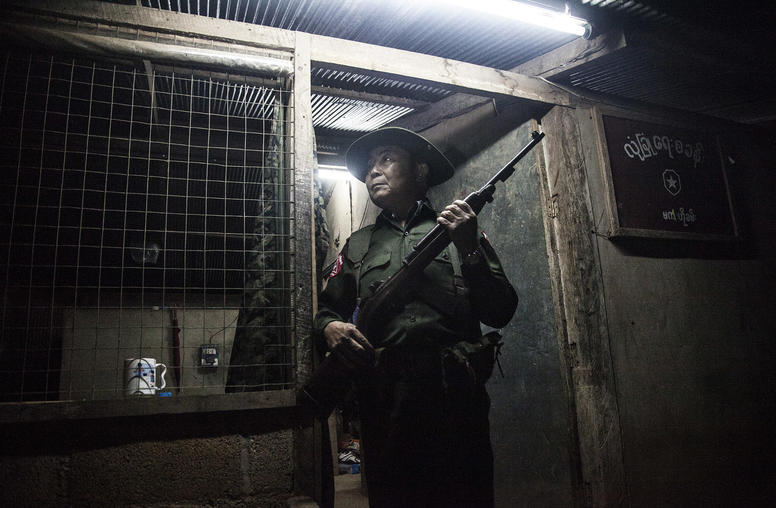
The Myanmar Army’s Criminal Alliance
In December 2021, at a grand ceremony in Myanmar’s capital Naypyidaw, the country’s military chief — and leader of last year’s coup — awarded the highest honors for “extraordinary contributions to the development of the state” to an internationally obscure entrepreneur named Liu Zhengxiang.
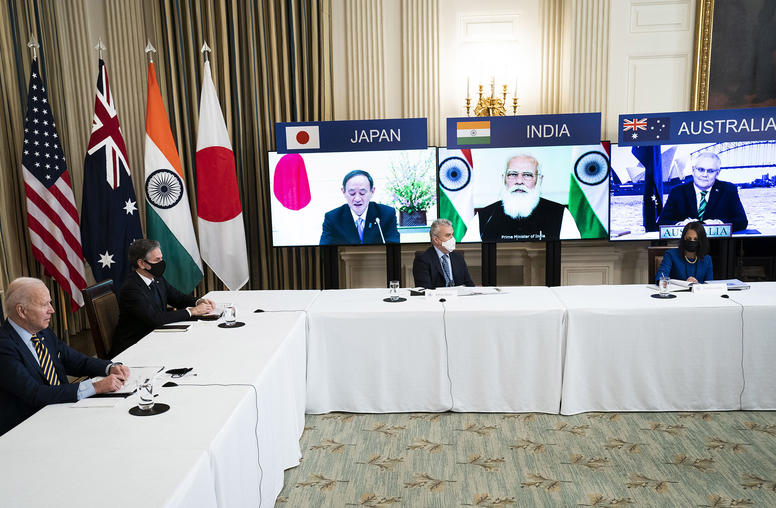
A Closer Look at Biden’s Indo-Pacific Strategy
On February 11, the White House announced its new strategy for a “free and open Indo-Pacific” region, which pledges support for regional connectivity, trade and investment, and deepening bilateral and multilateral partnerships. USIP’s Daniel Markey, Vikram J. Singh and Carla Freeman analyze the key priorities outlined in the document, and the strategic dynamics between the United States, India and China in the region.
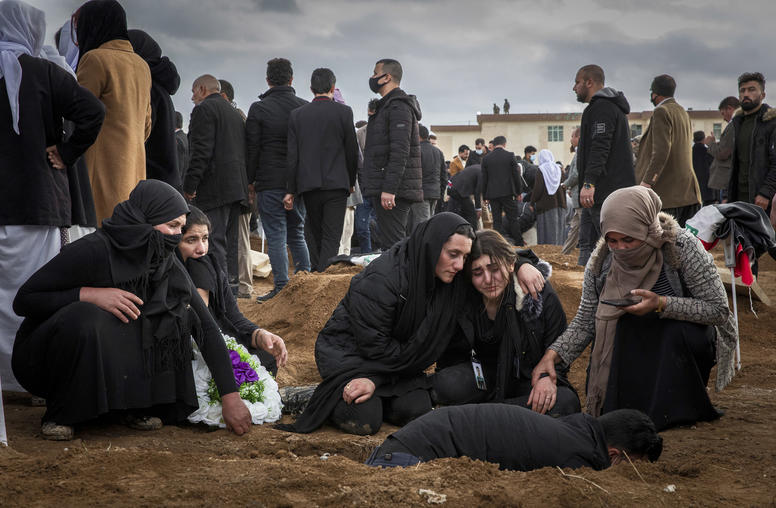
A New Test for Iraq’s Democracy and Stability
The sudden crisis around Russia threatens democratic norms and energy markets worldwide, only heightening the urgency of stabilizing Iraq, the world’s fifth-largest oil producer. Yet five months after Iraq’s elections, held in response to massive protests against ineffective governance, political factions remain dangerously deadlocked in efforts to form a new government. Shaping a more stable, peaceful Iraq—and responding to the 2019-2020 grassroots demands for democratic, accountable governance—will require a fuller inclusion of Iraq’s ethnic and religious minorities. Yet the prospects remain unclear. Iraq’s minority communities are watching carefully, as their future depends on it.
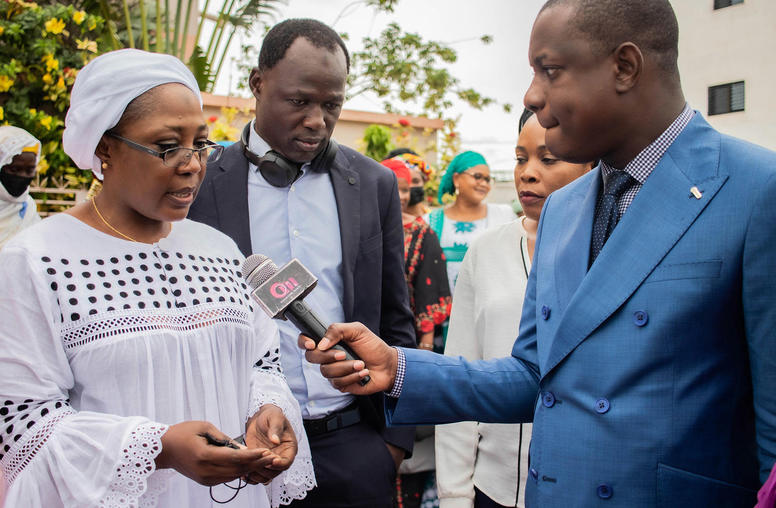
Protecting the Participation of Women Peacebuilders
Worsening violence against women is often a precursor to — and early outcome of — the rise in coups and authoritarianism that have made recent headlines. Not only does protecting women’s participation in public life and decision-making go hand-in-hand with democracy, but the former is actually a precondition for the latter. As we mark International Women’s Day in 2022, we would do well to remember that global efforts to prevent violent conflict and sustain peace are significantly undermined when women are deterred from access to participation and full leadership without fear of reprisals and violence.
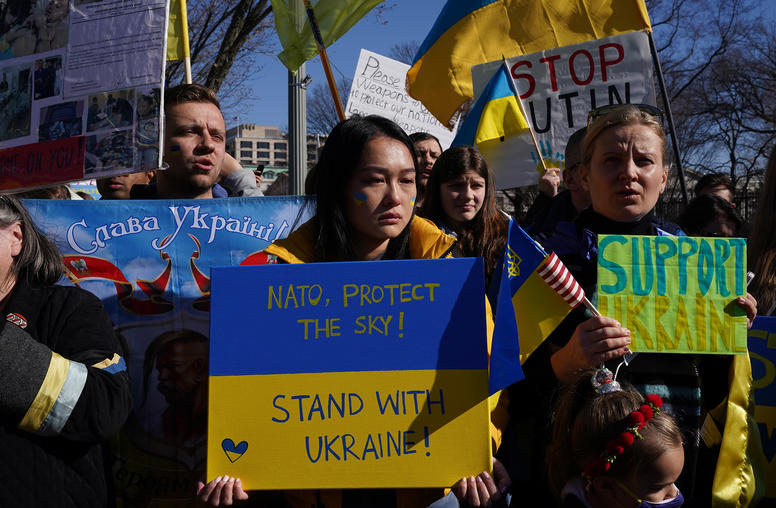
This Global Resistance to Putin’s War Is Historic
In just 15 days of Russia’s massive, new assault on Ukraine, democracies worldwide have mounted a historic act of repudiation — diplomatically, economically, militarily and morally. Nations are painfully cutting off trade with Russia. Thousands of public protests across 93 countries, including Russia, are deepening Vladimir Putin’s isolation. This collective support for Ukraine and rejection of Putin’s war is arguably the most unified global response to any act of state violence since the world’s opposition to European fascism during World War II. Sustaining it is how we can defeat Putin’s threat to world peace.
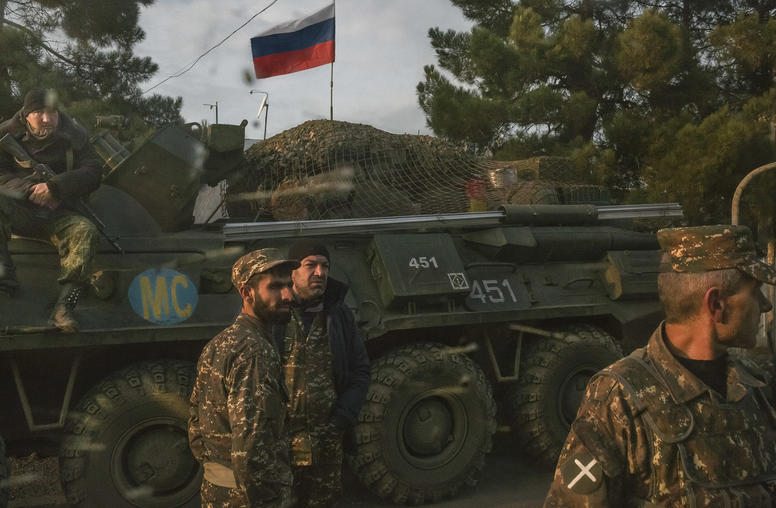
Armenia, Azerbaijan and Georgia’s Balancing Act Over Russia’s War in Ukraine
Since Russia’s invasion of Ukraine, Armenia, Azerbaijan and Georgia have tried in different ways to balance the need for good relations with Moscow with a desire to support Ukrainian territorial integrity and sovereignty. Each has reason to be cautious: Moscow has exploited ongoing conflicts in all three countries to dominate its self-defined sphere of vital interests. While these conflicts persist, Moscow will maintain significant leverage over Yerevan, Baku and Tbilisi. Working with them to resolve these conflicts and preserve their sovereignty should be a priority for the United States and Europe.
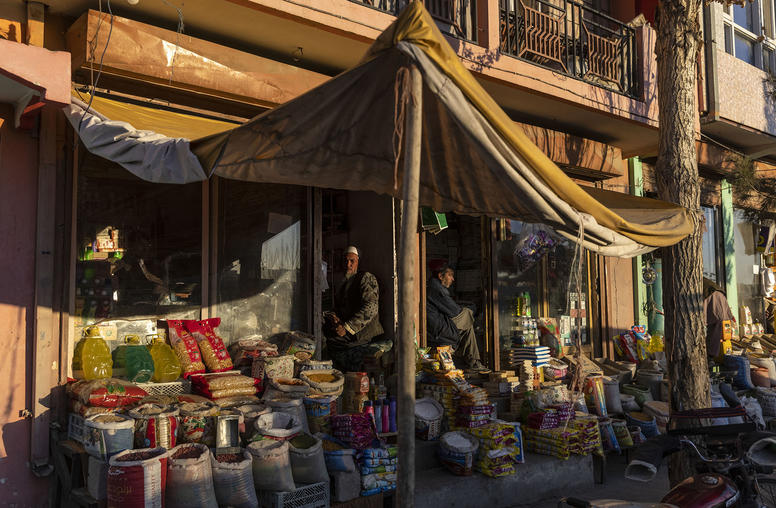
Russia’s Invasion of Ukraine Helps the Taliban and Makes Afghans Worse Off
Russia’s invasion of Ukraine is an acute disaster for Ukraine and Europe. But it also has a profound geopolitical impact — one that will have ripple effects for the major humanitarian disaster in Afghanistan. An active war in Europe is bad news for Afghanistan, as this draws away resources, sympathy and attention from the millions of Afghans that are also struggling to get cash, food and protection from human rights abuse. And the Taliban stand to benefit, since they no longer appear to be the world’s most notorious aggressor and will gain political space to consolidate their control over the country.